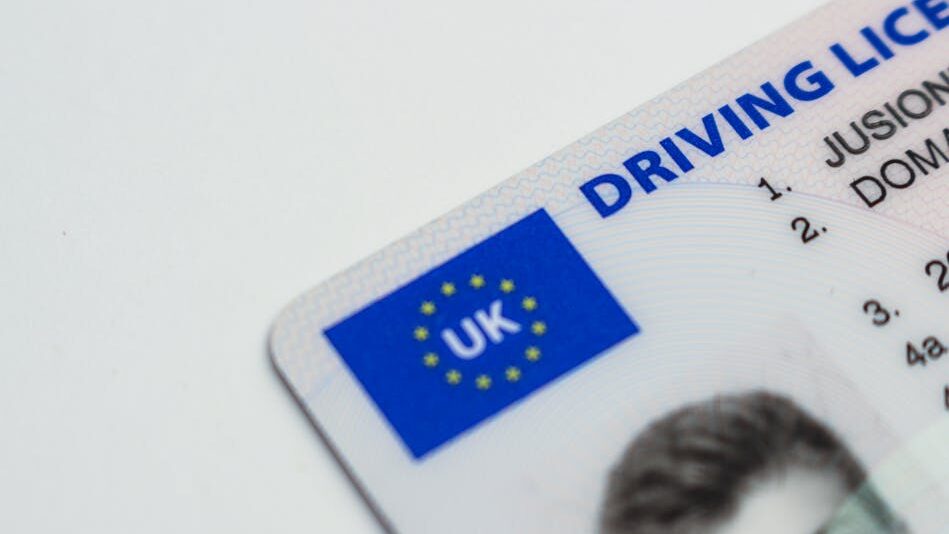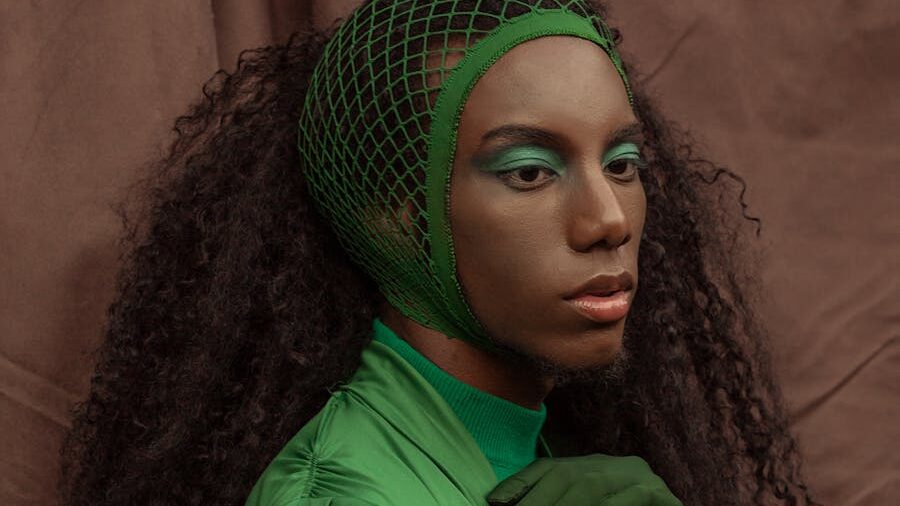
Gender Dysphoria Triggering Questions NOT to Ask Trans Women
Meeting new people and making connections is exciting, but it’s important to remember that words have power. When getting to know trans women online, some questions can unintentionally cause discomfort or even hurt.
It’s all about respect and understanding.
So, let’s talk about how we can avoid those awkward moments. Here are 10 simple tips on what not to ask trans women, helping you build respectful and meaningful conversations. Remember, it’s the thoughtfulness and care we put into our interactions that make all the difference.
On this page
- What was your Life as a Boy like?
- Are You Getting Bigger Boobs?
- What’s Your Real Name?
- How do you Have Intimacy?
- Do you want to Have Children?
- When did you Decide to Become a Woman?
- What’s the Difference between you and a REAL Girl?
- Can I see your photos Before?
- How did your Family React?
- Don’t you just Miss Being a Boy?
What was your Life as a Boy like?
Curiosity about someone’s past can be natural, but it’s important to respect the journey trans women have been through by concentrating on their current lives. Engage in conversations that highlight their present achievements, hobbies, and what brings them joy.

This approach not only respects their identity but also fosters a positive and forward-looking dialogue. Encourage discussions about future aspirations or current passions, which can help you connect on a deeper level, showing genuine interest in who they are as a person today.
Asking about the past, especially before transitioning, can unintentionally bring up sensitive memories or feelings. Instead, focus on creating a supportive environment where they feel comfortable sharing what they choose about themselves.
Are You Getting Bigger Boobs?
Everyone’s comfort level with discussing personal medical information varies, and for many trans women, questions about surgery can feel invasive. It’s important to remember that a person’s value and identity are not defined by their physical appearance or medical history.
Show that you care by focusing on topics that respect their privacy and autonomy. This could include discussing common interests, sharing experiences, and planning fun activities together.
Instead of delving into personal medical details, concentrate on building an emotional connection. Discussing dreams, beliefs, and experiences allows for a deeper understanding of each other. If someone wants to share personal aspects of their journey with you, they will do so in their own time.
What’s Your Real Name?
A chosen name is a significant aspect of a trans person’s identity, often chosen with great care to reflect their true self. Respecting this choice is crucial in showing your support and recognition of their identity. Use their chosen name in all interactions, and if you’re curious about the meaning behind their name, frame your question respectfully, focusing on the name they’ve shared with you.

It’s a simple but powerful way to show respect and acceptance by using and valuing a trans woman’s chosen name. This fosters a sense of safety and validation in the relationship. If the conversation naturally leads to discussions about names, express interest in the story or meaning they attach to their name, if they wish to share. This can deepen your connection and show that you value them as an individual.
How do you Have Intimacy?
Personal boundaries are important in any relationship, and it’s crucial to show respect by not asking invasive questions about someone’s body or Intimacy. Such inquiries can make people feel objectified or disrespected.
When it comes to intimacy, the most important factors are consent, communication, and comfort. If and when a relationship progresses to a point where these discussions are relevant, ensure they’re approached with sensitivity and care.
Respect their privacy and let them lead the conversation about their body and experiences, creating a space where both partners feel respected and heard.
Do you want to Have Children?
The subject of having children can be complex and personal, especially for trans individuals who may face unique challenges and considerations around family planning. Instead of asking direct questions about having children, focus on understanding and supporting your partner’s current life and ambitions.

This shows that you’re interested in their well-being and respect their journey, regardless of family planning considerations.
Building a connection without the pressure of discussing sensitive topics like family planning can lead to a more relaxed and genuine relationship. If the topic of children or family planning is important to you, wait for the relationship to develop to a point where these discussions happen naturally and respectfully.
When did you Decide to Become a Woman?
Questioning the authenticity of a trans woman’s gender identity by asking when they decided to become a woman can feel invalidating and offensive. Gender identity is a deeply personal aspect of who someone is, not a choice or decision made at a specific moment. Instead of focusing on the “when” or “why,” celebrate who they are now.
It’s important to understand that being a woman is an intrinsic part of a trans woman’s identity, not a decision. Conversations should center around their interests, dreams, and the qualities that make them unique, rather than the specifics of their gender journey. This not only respects their identity but also builds a connection based on mutual respect and genuine interest in who they are as a person.
What’s the Difference between you and a REAL Girl?
Asking trans women to compare their experiences to those of cisgender women can unintentionally create feelings of separation or inadequacy.
Remember, the goal is to build connections based on shared interests and mutual respect, not to highlight differences. Encouraging conversations about hobbies, aspirations, and life experiences without making comparisons allows for a deeper, more meaningful connection.
This approach shows that you value her as an individual and are interested in her story, just as she is.
Can I see your photos Before?
Requesting before-and-after photos from a trans woman is not only invasive but also disrespectful. It reduces their identity to a physical transformation, ignoring the emotional and personal journey they’ve undergone. Instead, focus on the person in front of you now.

It’s also crucial to understand that a person’s transition is a deeply personal experience, and sharing photographs or details of this journey is entirely up to them. If they choose to share parts of their journey with you, treat this information with the utmost respect and confidentiality.
This approach ensures that trust is built on mutual respect and understanding, fostering a safe and supportive environment for open communication.
How did your Family React?
Inquiring about how a trans woman’s family reacted to her transition can unintentionally dredge up painful memories or sensitive topics. Relationships with family are complex and deeply personal, and not everyone may feel comfortable discussing these aspects of their life with someone they’re just getting to know.
Instead, focus on her present and future—ask about her support system, friends who uplift her, and what she looks forward to. This shows that you’re interested in her well-being and positive aspects of her life.
Building on this, it’s important to create a space where she feels seen and supported without having to revisit potentially traumatic parts of her past.
Don’t you just Miss Being a Boy?
Asking if a trans woman misses her birth gender is inappropriate and undermines her identity and the experiences that have led her to where she is today. Such questions can invalidate her feelings and the authenticity of her gender identity.

Instead, celebrate her for who she is now and show admiration for her courage and the journey she has undertaken to live authentically. This affirms that you see her as the woman she is, which is fundamental to building a respectful and validating relationship.
Now that you know the top 10 forbidden questions, it’s time to get the answer to the most important question. Where to find eligible transgender women who are genuinely looking for love.
Well, there’s only one answer to that and you’re already here. My Transgender Date is the premier decent dating website created for transgender women and the men who love them. Yes, your soulmate may just be one “Hello” away. Create an account today and be pleasantly surprised.



